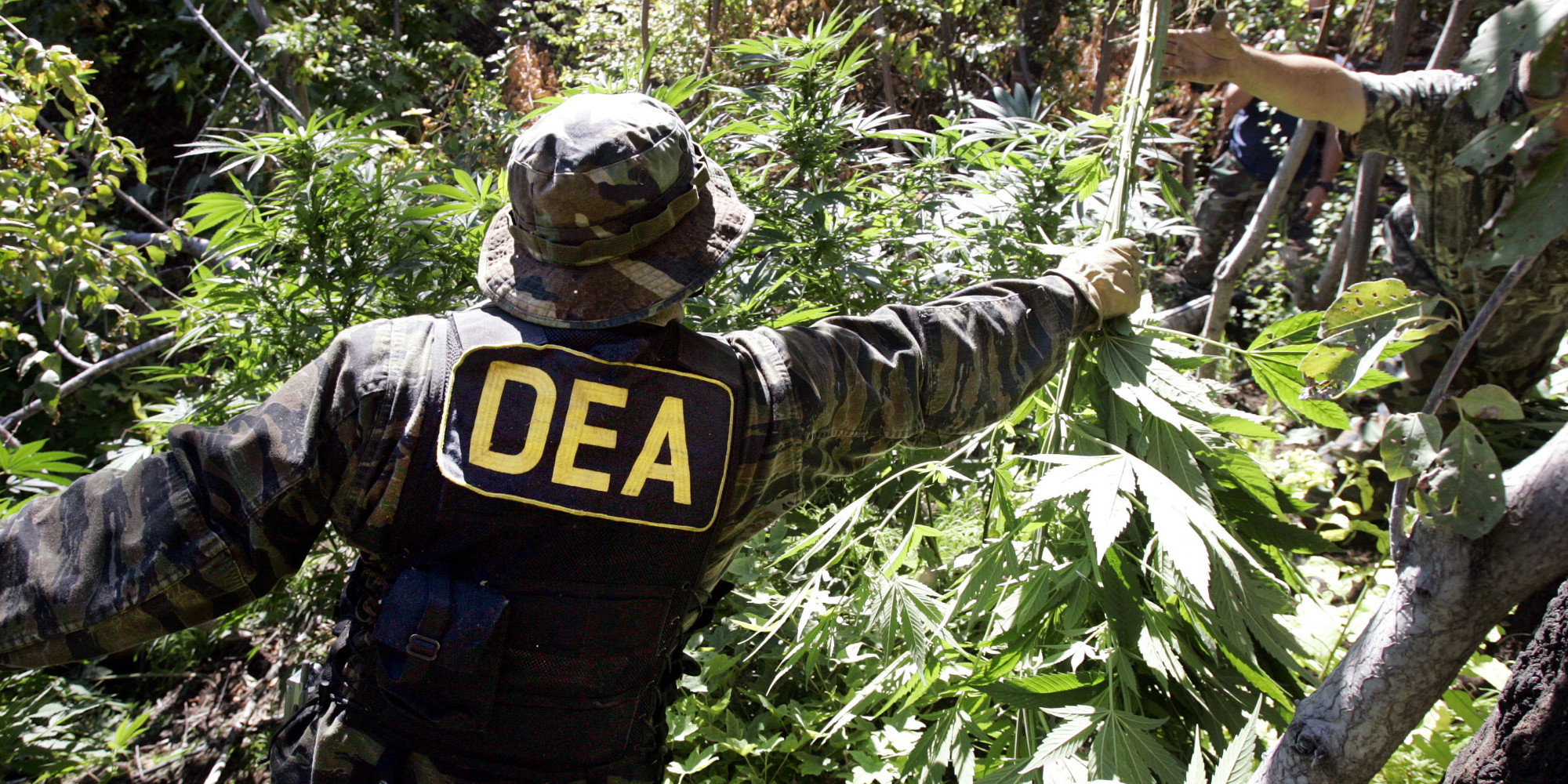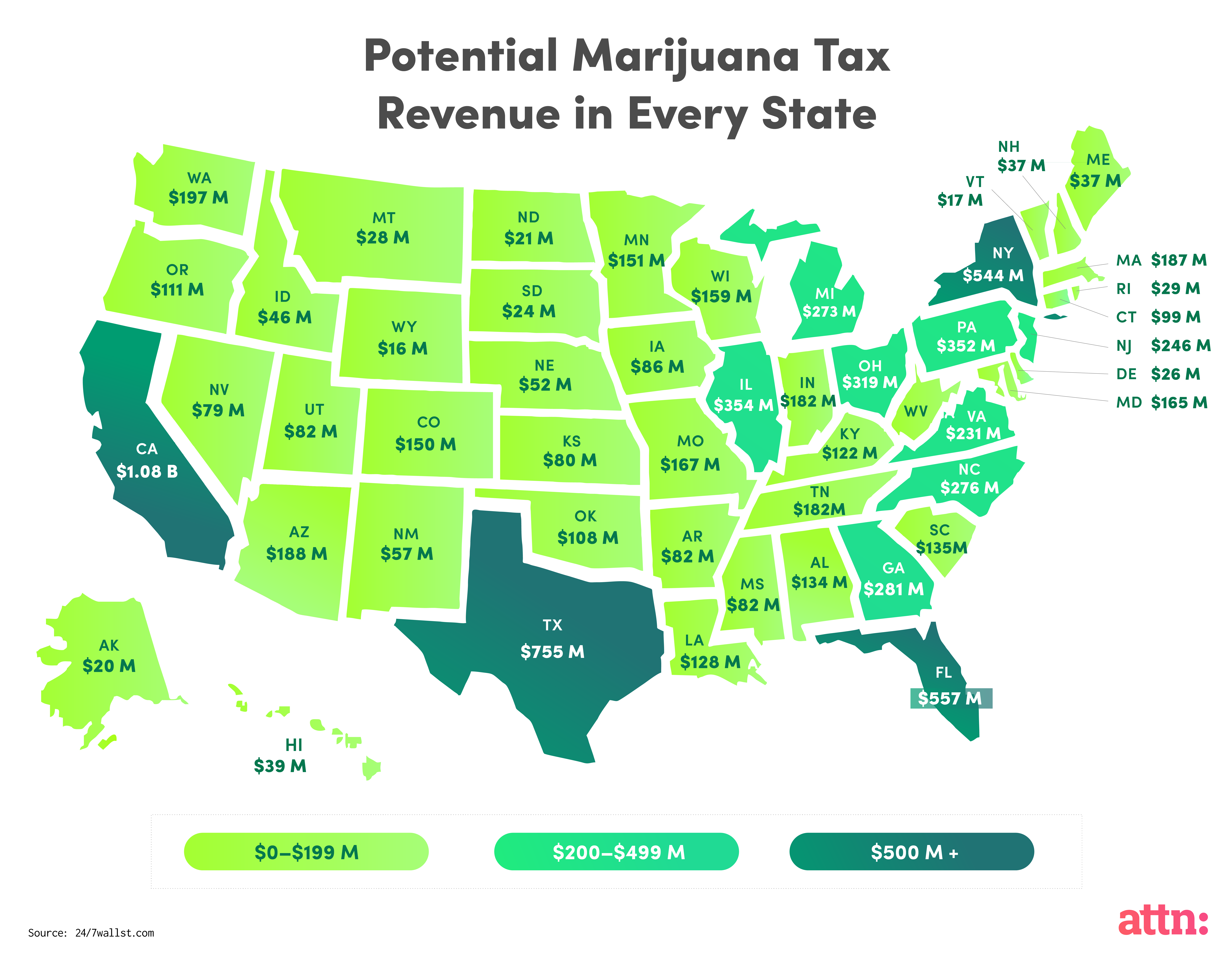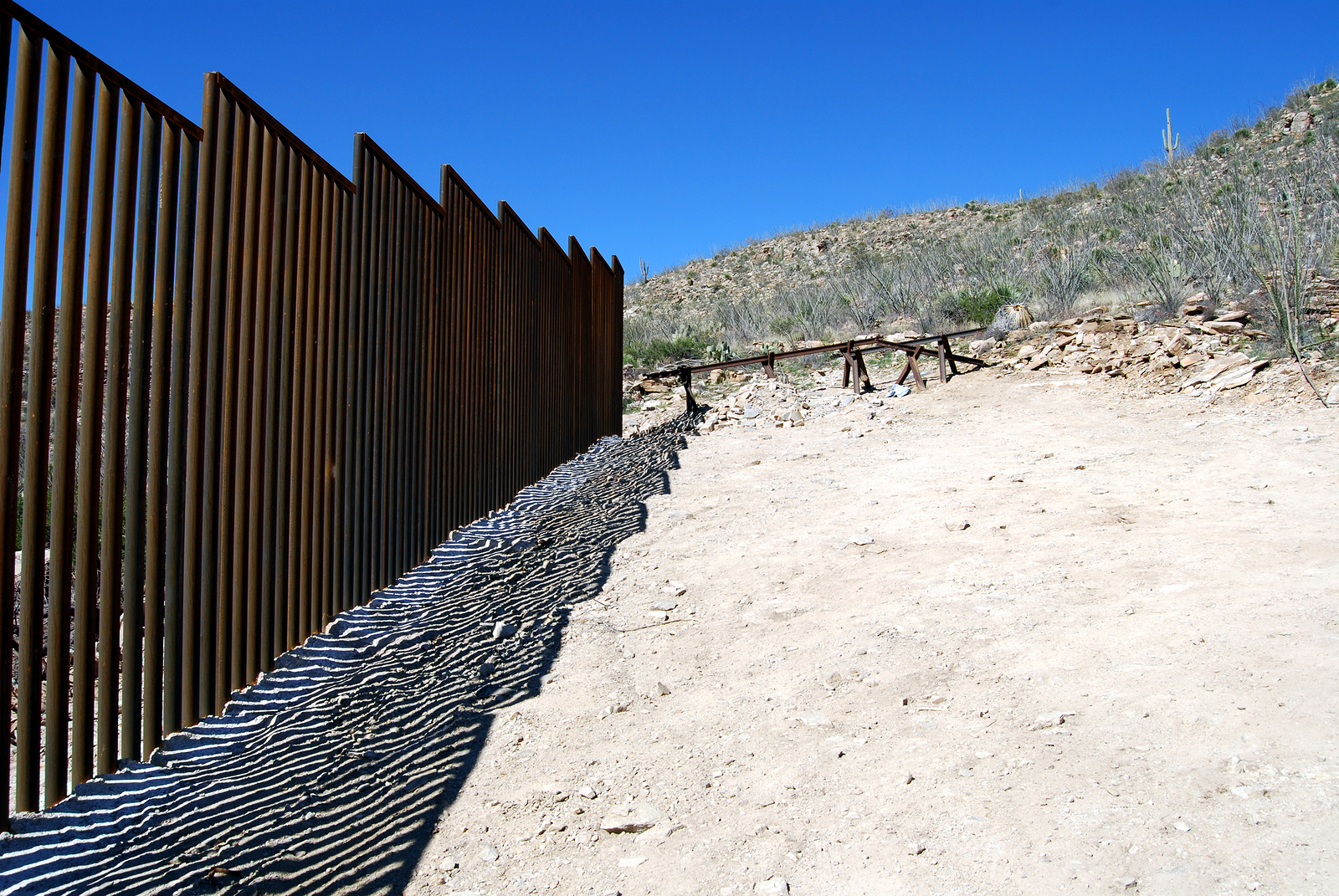How a Federal Crackdown on Marijuana Could Affect Mexican Cartels

By:
President Donald Trump campaigned on making the United States "great again," but if his administration follows through on a threat to crack down on legal marijuana, it's Mexican drug cartels that could be restored to their former glory.
 Tom Angell - marijuana.com
Tom Angell - marijuana.com
White House Press Secretary Sean Spicer said Thursday that states with legal recreational marijuana will likely "see greater enforcement" of federal laws, which prohibit all use of cannabis. Spicer's statements echo what Attorney General Jeff Sessions said during his confirmation hearings: “It is not so much the attorney general’s job to decide what laws to enforce. We should do our job and enforce laws effectively as we are able.”
The Department of Justice declined to comment.
Eight states and the District of Columbia currently allow the retail sale of marijuana for recreational use, all thanks to voter referendums.
In Colorado, where in 2012 voters were the first in the nation to back retail sales, the marijuana industry generated over $1.3 billion in revenue last year, adding about $200 million in taxes to the state's coffers. In California, the first state to legalize the medical use of cannabis, marijuana has become the state's leading agricultural commodity, according to the Orange County Register, which estimated its value at $23.3 billion — even before voters legalized recreational sales last November.

Most people think that's a good thing. A poll released Thursday by Quinnipiac University found a majority of the U.S. public now supports marijuana legalization, and 71 percent oppose a federal crack down on states that have legalized it already.
The rise of the homegrown weed industry has come at a cost, though: In 2016, U.S. Border Patrol reported that "marijuana seizures along the southwest border tumbled to their lowest level in at least a decade," The Washington Post reported. Between 2011 and 2015, seizures dropped 39 percent, according to Fortune.
"Cracking down on licensed retailers isn't going to make marijuana go away," Tom Angell, founder of the advocacy group Marijuana Majority, told ATTN:.
"Many people consumed cannabis before legalization," Angell said, "and they will continue to do so regardless of the law. I'm sure cartels and gangs would love the opportunity to take back some of the market share they lose every time we end prohibition in another state."
During Thursday's press conference, Spicer seemed to suggest that cracking down on marijuana could stem the country's deepening opioid crisis.
"When you see something like the opioid addiction crisis blossoming in so many states across this country," he said, "the last thing we should be doing is encouraging people."
However, history suggests that the opioid crisis is not a product of people using marijuana as a gateway drug, but rather follows a crack down on prescription painkillers and the introduction of harder-to-abuse pills that appears to have pushed drug abusers to heroin. Nor does the rise abuse correlate to marijuana legalization; in fact, a 2016 study published in the American Journal of Public Health "found an association between a state legalizing medical marijuana and a reduction in testing positive for opioids," U.S.. News reported.
Perhaps, though, a federal crackdown on marijuana could be carried out without boosting the cartels that dominate black markets — if paired with another Trump promise: to build a wall along the U.S.-Mexico border.
 Bigstock/1photo - bigstockphoto.com
Bigstock/1photo - bigstockphoto.com
History suggests not, as the war on drugs has been kind to walls. In addition to slinging contraband over whatever barricades are in their way, Mexican drug cartels have also been known to dig their way under the border walls that already exist — in December 2016, for instance, Mexican authorities uncovered a "sophisticated tunnel" connecting Tijuana to San Diego, as USA Today reported; another half-mile tunnel was found in the same area months earlier.
To keep weed from Mexico out, the most effective policy appears to be one many states have already embraced: growing it at home.
